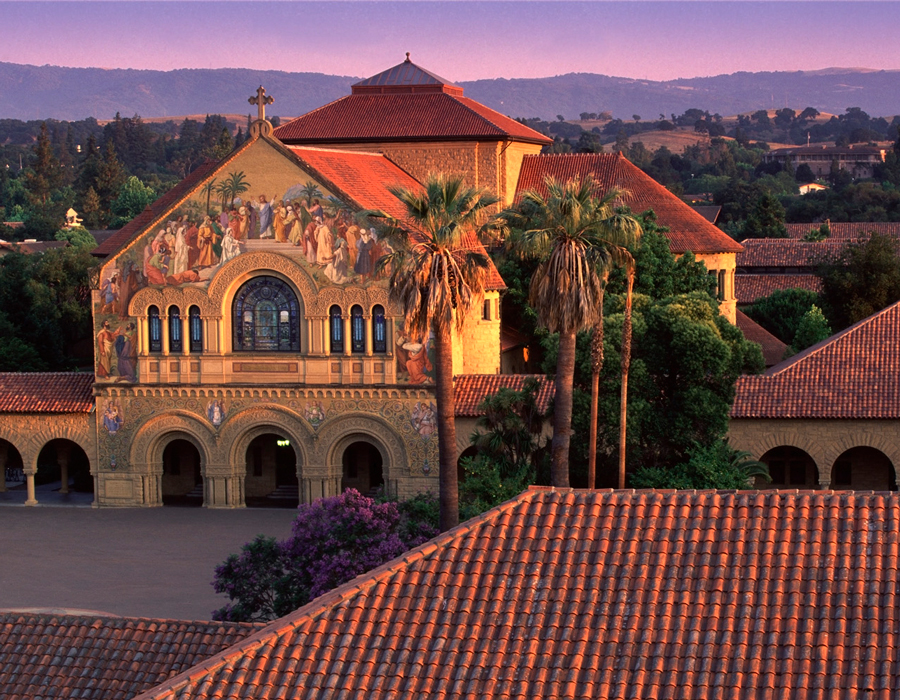If you’ve so much as set foot in the realm of massive online open courses (MOOCs) — a list of which we offer right here on Open Culture — you’ve no doubt heard of Coursera, which, since it started up in 2012, has become one of the biggest MOOC providers around. Like most growing Silicon Valley companies, Coursera has branched out in several different directions, bringing in courses from universities from all over the world as well as offering certificate and Master’s programs. Now, in partnership with Google, it has launched a program to train information-technology professionals for jobs in the industry.
Techcrunch’s Ingrid Lunden describes Coursera’s Google IT Support Professional Certificate program as “a course written by Googlers for the Coursera platform to teach and then test across six fundamental areas of customer support: troubleshooting and customer service, networking, operating systems, system administration, automation, and security. No prior IT experience is necessary.” The global, English-language program “has 64 hours of coursework in all, and students are expected to complete it in eight to 12 months, at a cost of $49/month.” This means “the typical cost of the course for full-paying students will be between $392 and $588 depending on how long it takes,” which Lunden calls “a pretty good deal” compared to other IT training programs.
Amid talk of vanishing jobs across so many sectors of the economy, Coursera and Google are marketing the IT Support Professional Certificate as a promising path to gainful employment: “There’s no better example of a dynamic, fast-growing field than IT support,” writes Google Product Lead Natalie Van Kleef Conley, citing statistics showing 150,000 IT support jobs currently open in the United states and an average starting salary of $52,000. Coursera notes that “upon completion of the certificate, you can share your information with top employers, like Bank of America, Walmart, Sprint, GE Digital, PNC Bank, Infosys, TEKSystems, UPMC, and, of course, Google.”
If you suspect that you might share professional aspirations with young Edgar Barragan of Queens, whose testimonial video shows how he became a Google IT support specialist after participating in the program that evolved into the IT Support Professional Certificate, visit the official page on Coursera. There you can read up on the details of the six courses that make up the program and read answers to the questions frequently asked about it. Do you think you’d excel in a career amid the nuts and bolts of computers? With Google and Coursera’s program officially opening next Wednesday, January 24th, now’s a good time indeed to figure out whether it could get you where you want to be. Get more information and/or enroll here.
Note: Open Culture has a partnership with Coursera. If readers enroll in certain Coursera courses, it helps support Open Culture.
Related Content:
Based in Seoul, Colin Marshall writes and broadcasts on cities and culture. His projects include the book The Stateless City: a Walk through 21st-Century Los Angeles and the video series The City in Cinema. Follow him on Twitter at @colinmarshall or on Facebook.




